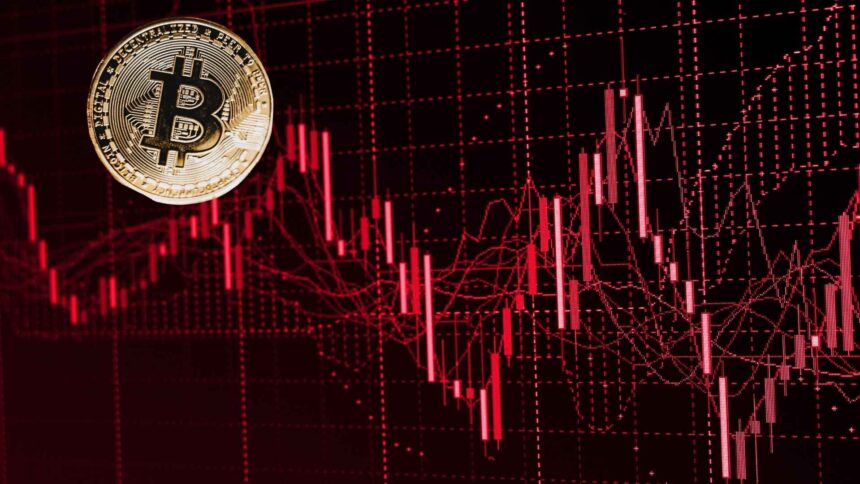Investors brace for what many call the September Effect. The idea is simple, stocks tend to struggle during the ninth month of the year. On average, September has delivered weaker returns for the S&P 500 than any other month over the past century. The question is whether this pattern is still meaningful or just a statistical quirk.
Market historians note that since 1928 the S&P 500 has shown a slight decline in September, with average losses near 1 percent.
Roughly 55 percent of the time, the month has ended in the red. Yet the median return, which is less skewed by extreme swings, has more recently turned positive. That suggests the effect may be softening as market conditions and investor behavior evolve.
Several theories try to explain the seasonal slump. Some analysts point to investor psychology, arguing that the expectation of a September dip becomes a self-fulfilling prophecy.
As summer ends, retail investors may sell shares to free up cash for tuition and household expenses. Institutions often rebalance portfolios ahead of the fourth quarter, locking in gains or harvesting tax losses.
Mutual funds may trim positions as the third quarter closes, putting further pressure on prices.
Critics counter that these explanations do not hold up to scrutiny. They argue that if a predictable anomaly truly existed, sophisticated traders would have arbitraged it away long ago.
Research that stretches back to 17th-century U.K. markets finds no consistent September slump. Even in U.S. history, some of the strongest rallies have occurred in September, proving the pattern is far from guaranteed.
The debate often spills over into October, another month tied to famous crashes such as 1929 and 1987. Yet over the long haul, October has actually been positive on balance.
Both the September and October effects illustrate how market lore can persist even when the data is mixed.
For investors, the lesson is less about fearing one page of the calendar and more about staying disciplined. Long-term returns are determined by fundamentals, not superstitions.
While September has a reputation for volatility, the broader record shows that trying to time the market around this so-called effect is unlikely to deliver an edge.



















